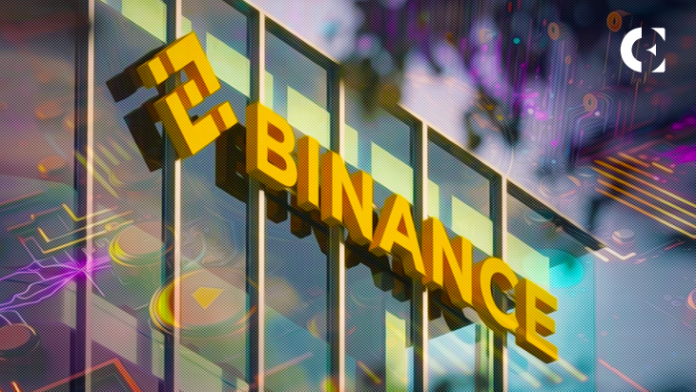- Binance is facing a fresh legal battle in Ontario, Canada.
- The Superior Court of Justice in Ontario has filed a class action lawsuit against Binance.
- The court accused Binance of failing to comply with necessary registrations and prospectus filings.
Binance, the world’s largest cryptocurrency exchange by volume, is facing a fresh legal battle, this time, in Ontario, Canada. According to reports, the Superior Court of Justice in Ontario has filed a class action lawsuit against the cryptocurrency exchange. The Court alleged that Binance sold crypto derivative products to retail investors without registration, violating securities laws.
The recent lawsuit seeks both damages and rescission for the affected trades, accusing Binance of failing to comply with necessary registrations and prospectus filings as stipulated by securities regulations.
Meanwhile, the court stated in the filed motion that the plaintiffs in the class action claimed the sales were illegal and void for lack of the required registration. The court recognized the classification of crypto contracts under current regulations, noting that they are considered securities or derivatives, and marketing them qualifies as distribution.
The latest class action represents one of the multiple legal cases that Binance is facing in Ontario. Before this case, the Ontario Securities Commission (OSC) scrutinized Binance, leading to the crypto exchange committing to cease operations in the region by early 2022. The firm rescinded that commitment in the weeks leading to its proposed departure, claiming that its authorization as a money services business allows it to continue operating in the province.
It is essential to note that the OSC continued investigating Binance over potential regulatory breaches. However, the commission had yet to make any formal allegations against the industry giant as of the time of filing this report.
As for the fresh case, the court rejected Binance’s argument that it merely facilitated trades between investors, not acting as a direct party. According to the court, “The only contracts found in the record are between class members and Binance itself.” It compared it to a relationship between a customer and a store, rather than between independent parties.
Disclaimer: The information presented in this article is for informational and educational purposes only. The article does not constitute financial advice or advice of any kind. Coin Edition is not responsible for any losses incurred as a result of the utilization of content, products, or services mentioned. Readers are advised to exercise caution before taking any action related to the company.










